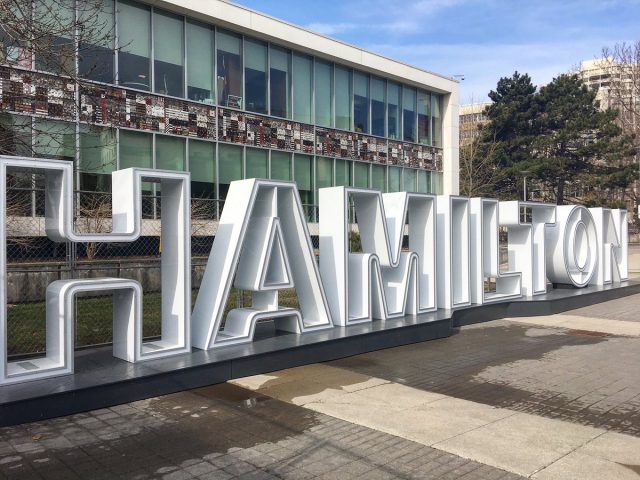The idea of switching garbage collection to every other week is back on the discussion table in Hamilton.

Ward 8 Coun. John-Paul Danko is asking for the option to be studied before the awarding of the city’s next waste collection contract.
Danko believes collecting garbage every other week would result in big future cost savings for the city at a time when council is grappling with ways to avoid hitting taxpayers with a 5.5 per cent residential tax increase in 2020.
Danko also sees it as a way to improve the city’s rate of diverting materials away from landfill.
“If we’re going to save money, now is the time for looking at different options,” Danko says, since city staff are preparing to send out a request for proposals for a waste collection contract that will run from 2021 until 2028.
Danko’s motion, to be discussed in two weeks during the next meeting of Hamilton’s public works committee, would not affect the weekly collection of recyclables, compostables and leaf and yard waste.
- B.C. officer alleged sexual assault, CSIS had her investigated
- Alberta to overhaul municipal rules to include sweeping new powers, municipal political parties
- Military judges don’t have divided loyalties, Canada’s top court rules
- Norad looking to NATO to help detect threats over the Arctic, chief says
Several neighbouring municipalities have already switched to collecting landfill waste every other week.
Regional Council in Niagara, where the change takes effect next fall, was the most recent municipality to make the move in hopes of decreasing the amount of food waste in garbage containers.
Hamilton politicians have rejected the idea of garbage collection every other week several times over the past two decades, but Danko thinks “we’re at the point now where there’s maturity with our residents, that they’re used to where to put landfill waste, recycling and organics.”
As a result, he says: “It’s not such as big of a change today as it might have been in the past.”








Comments